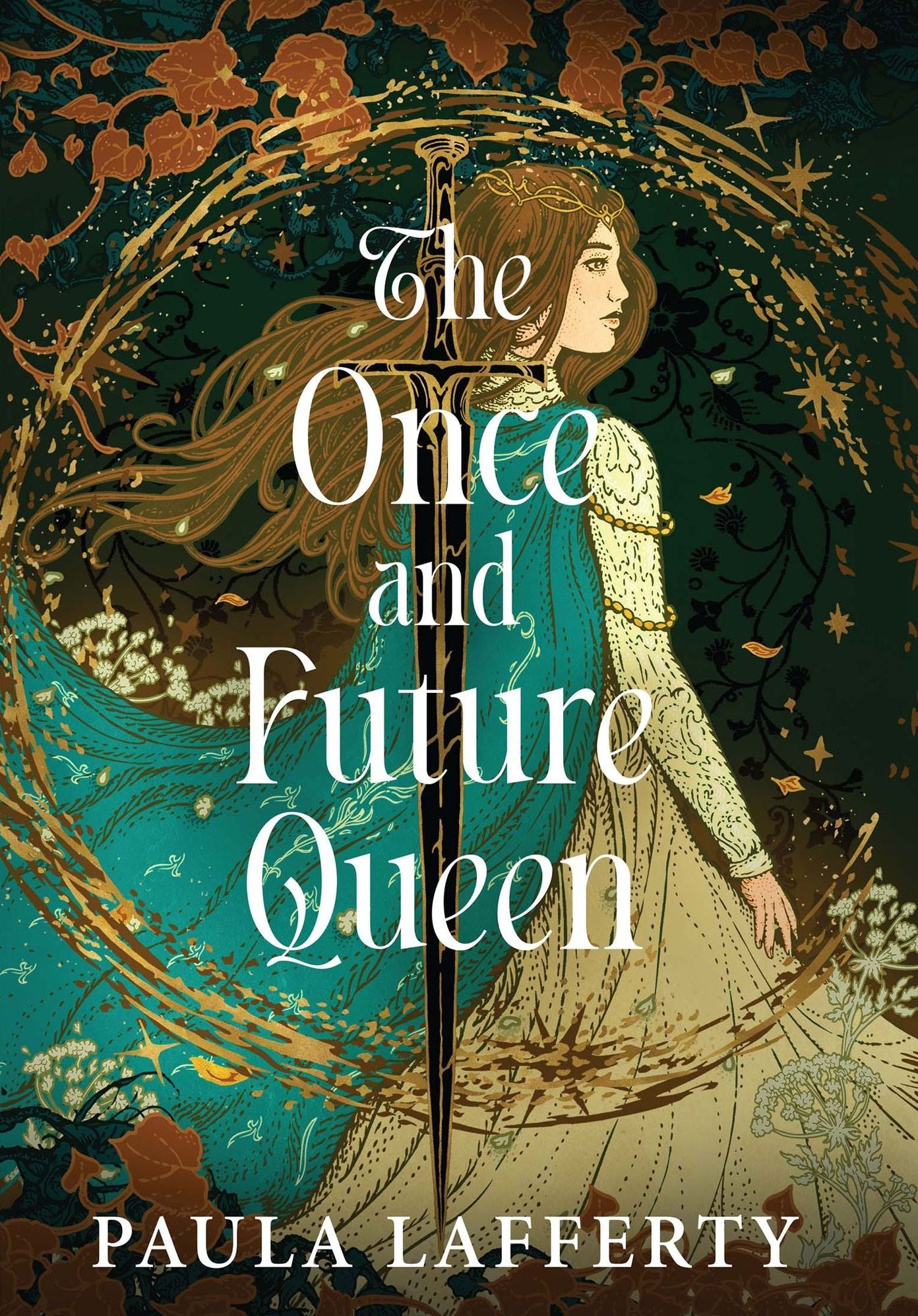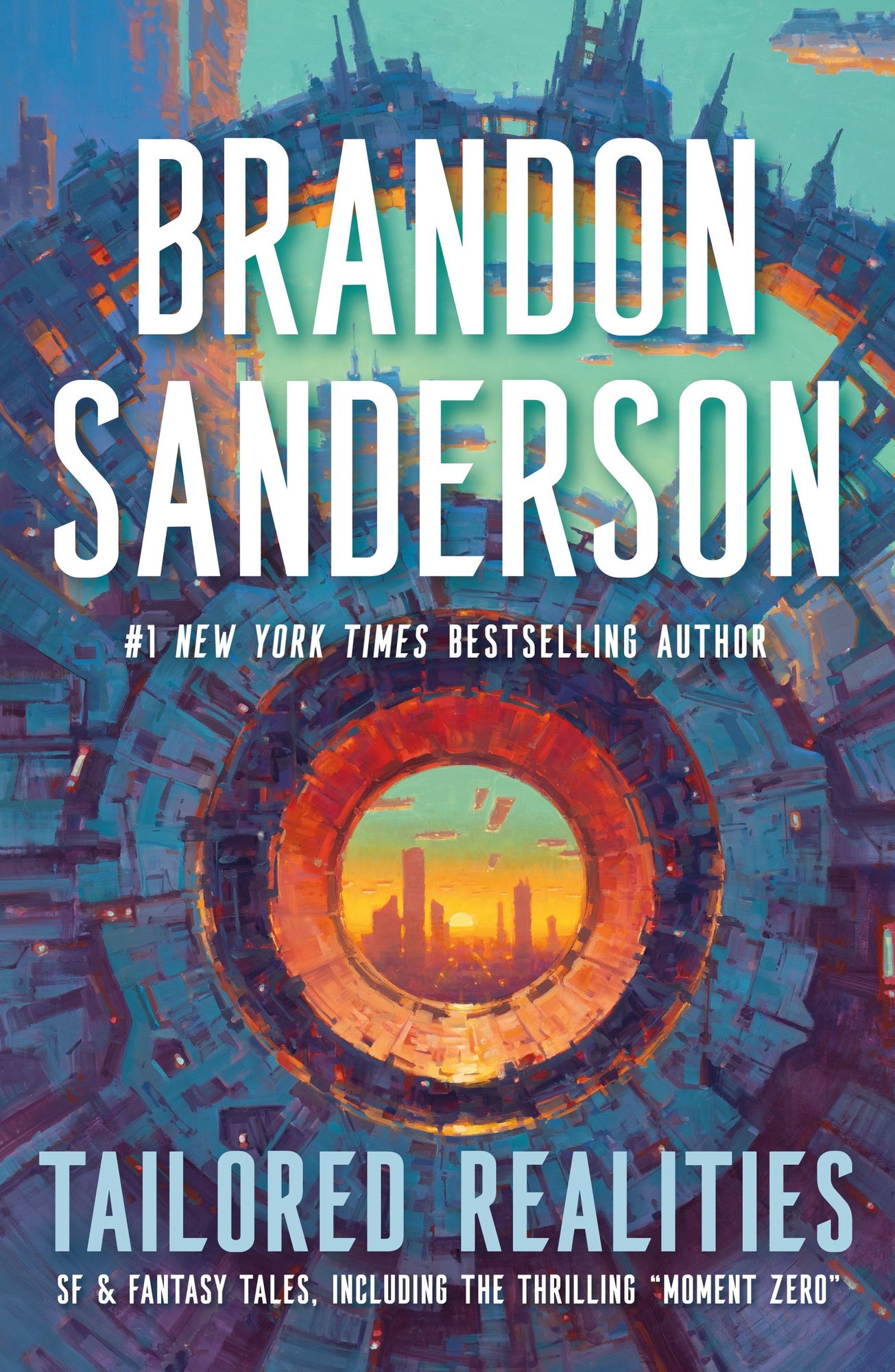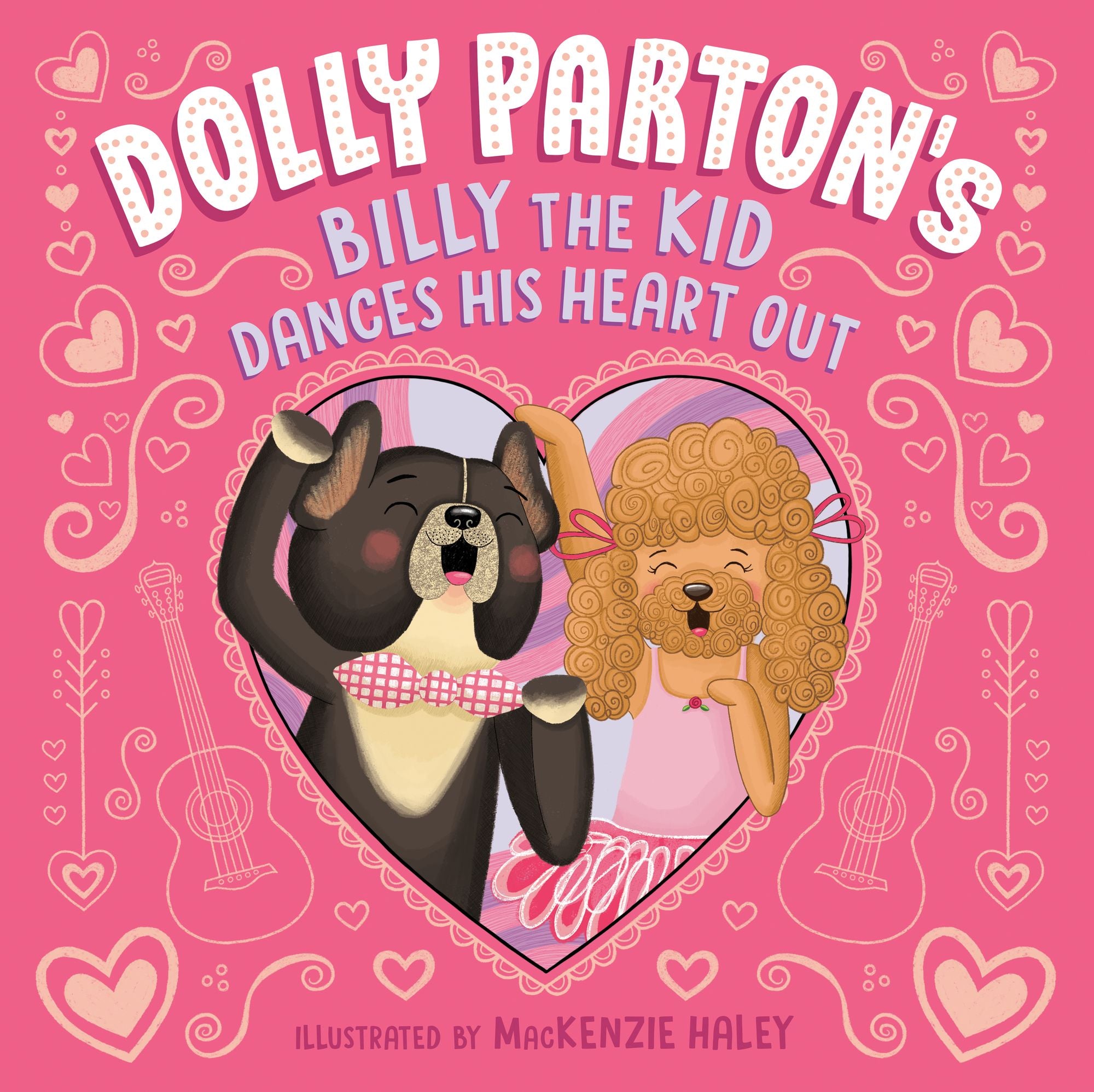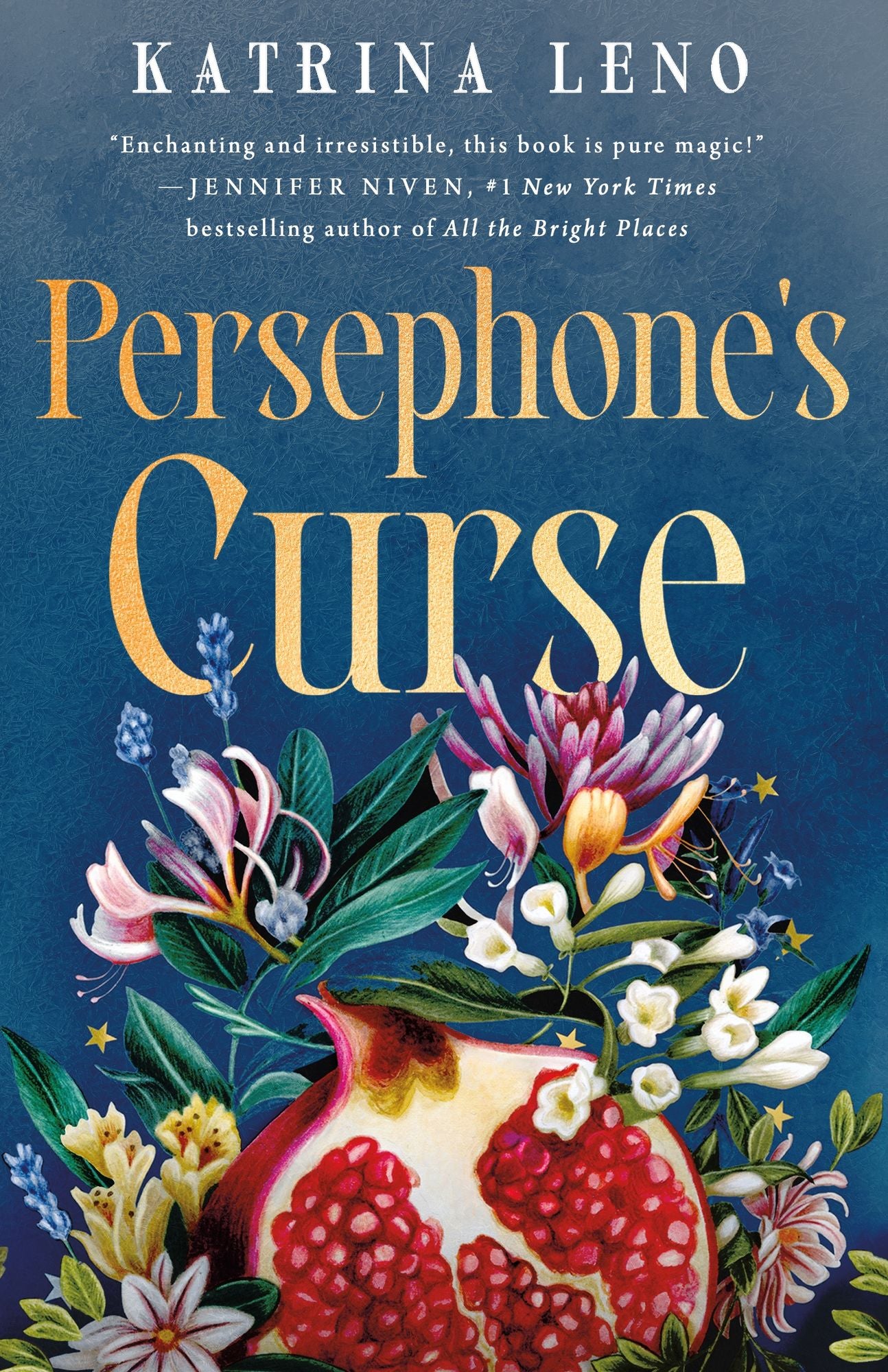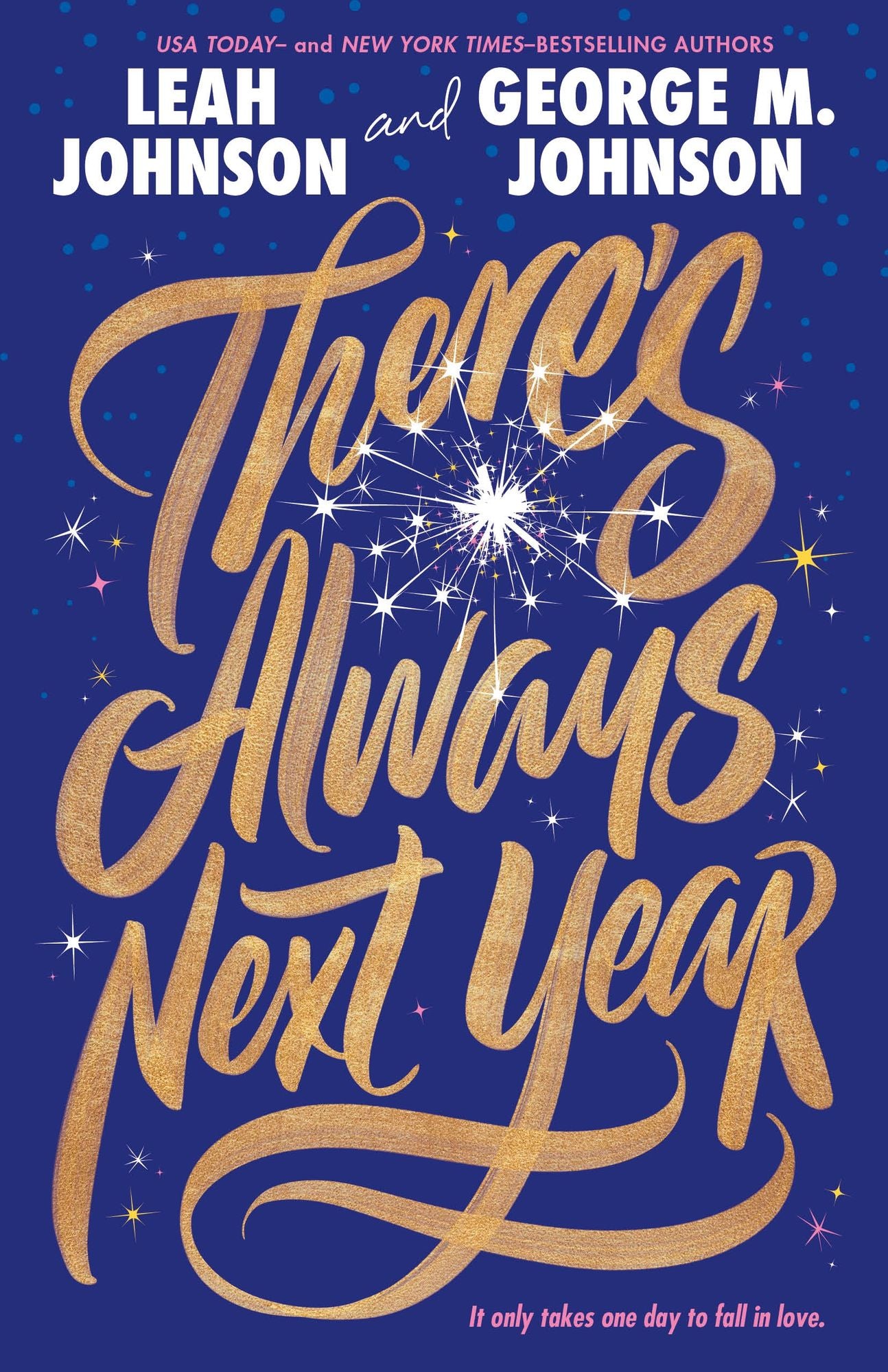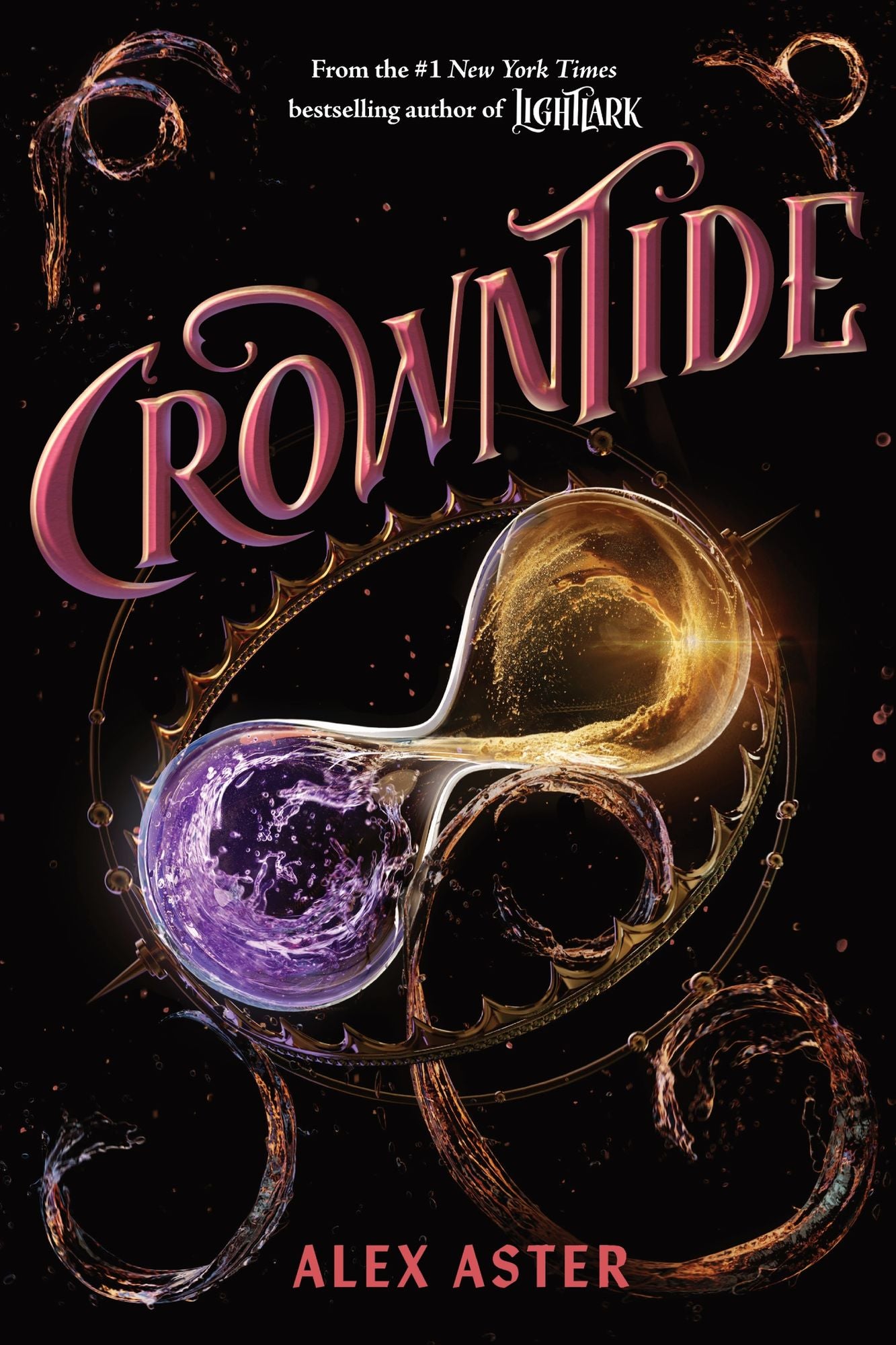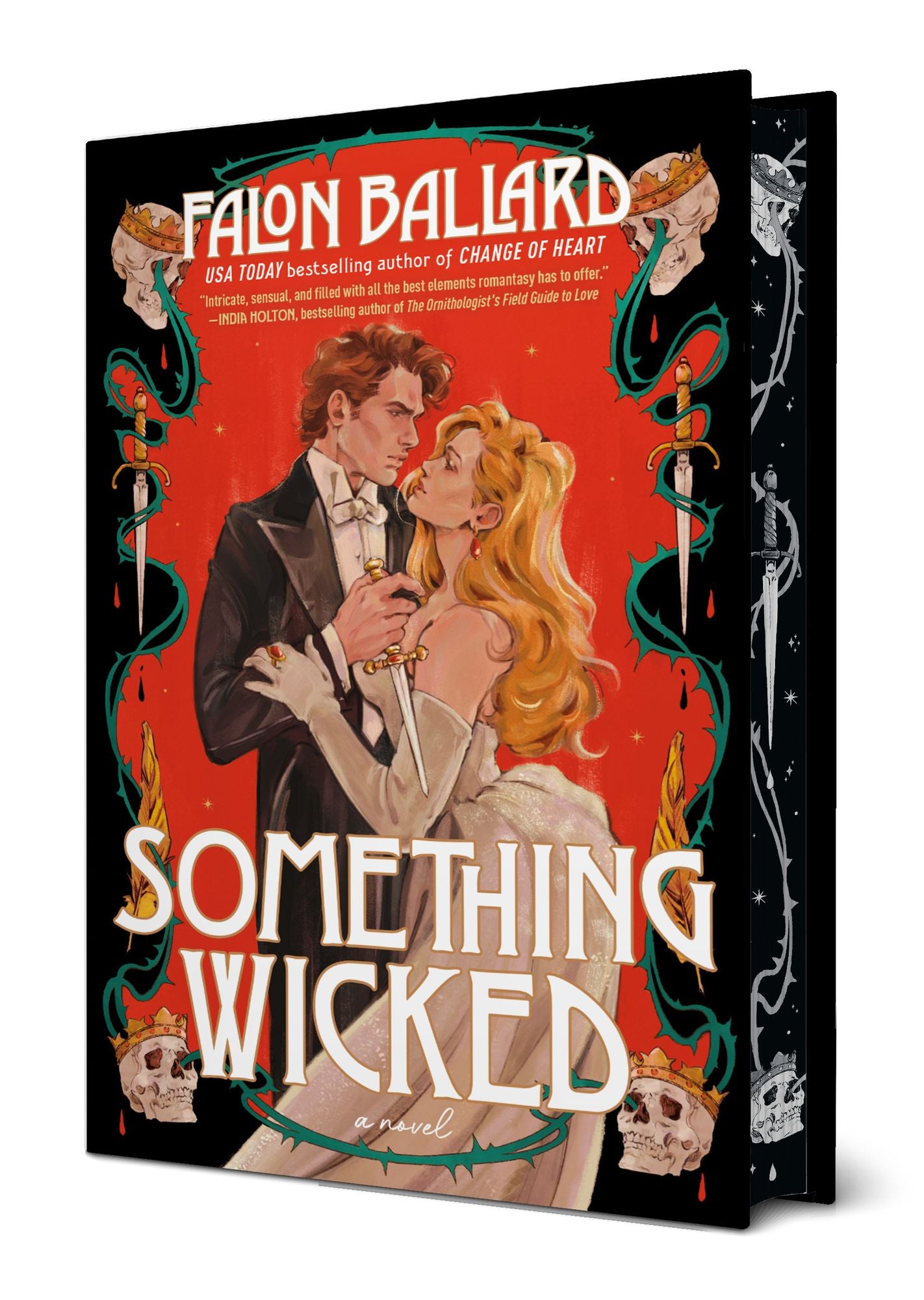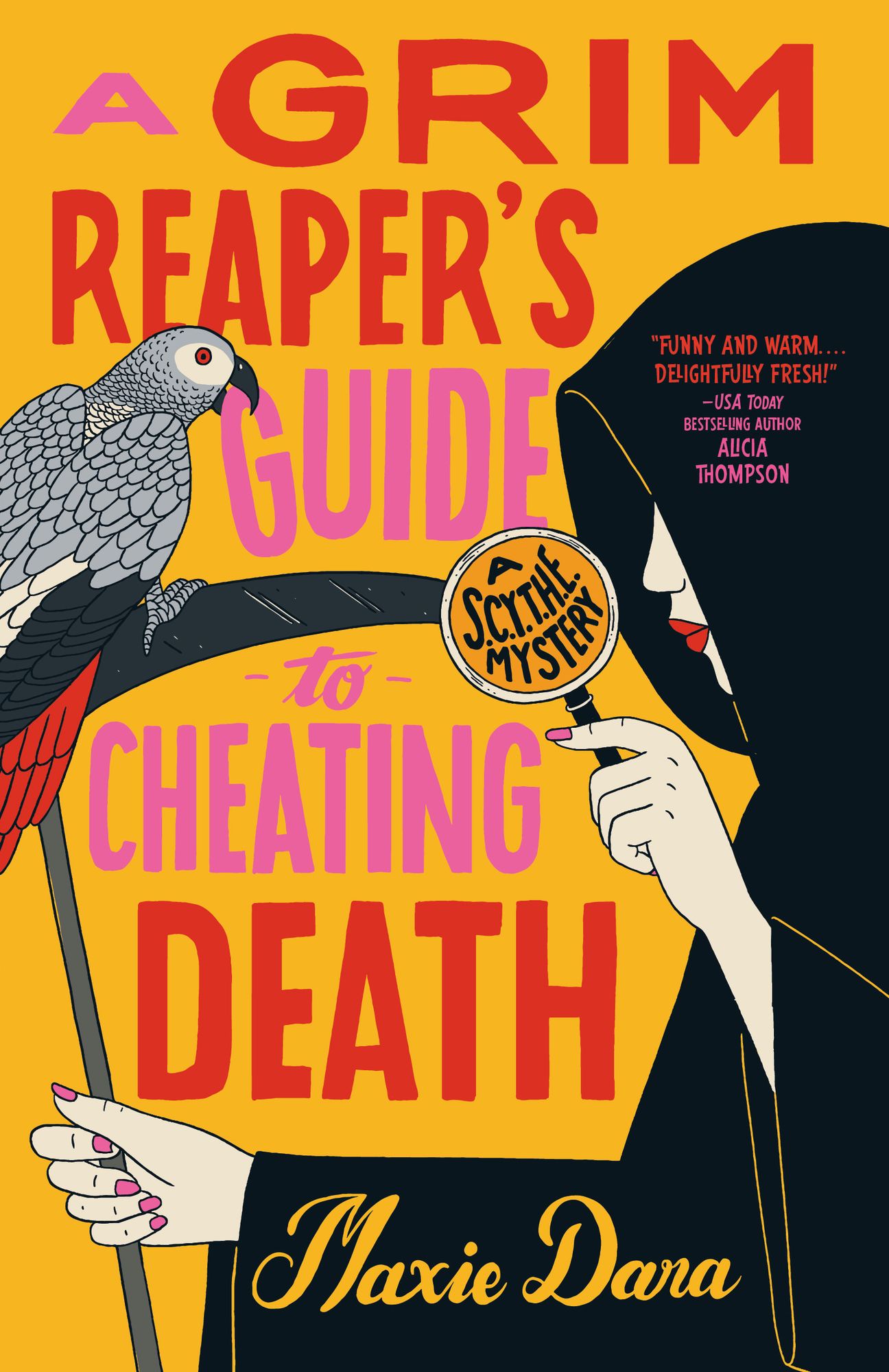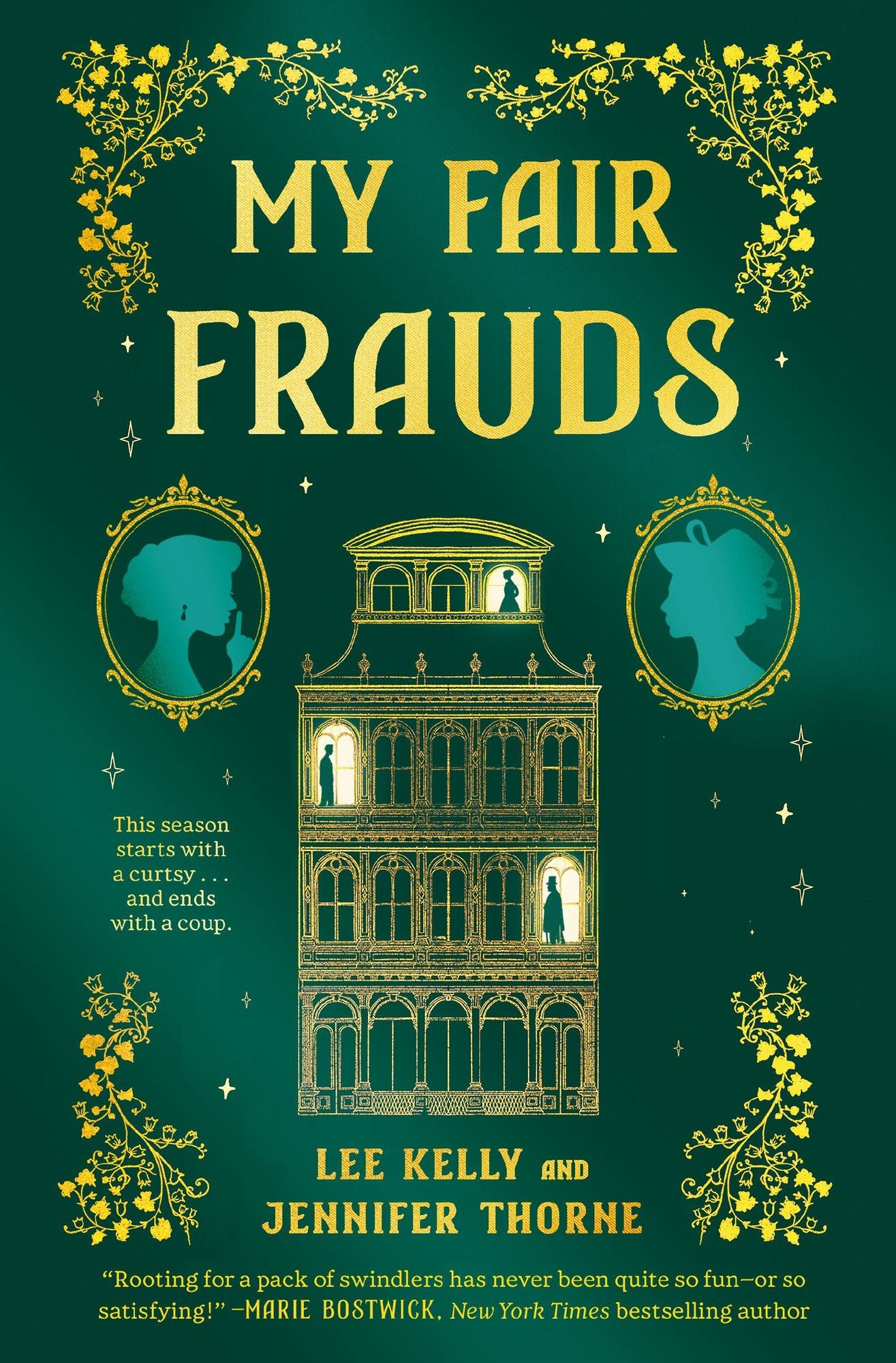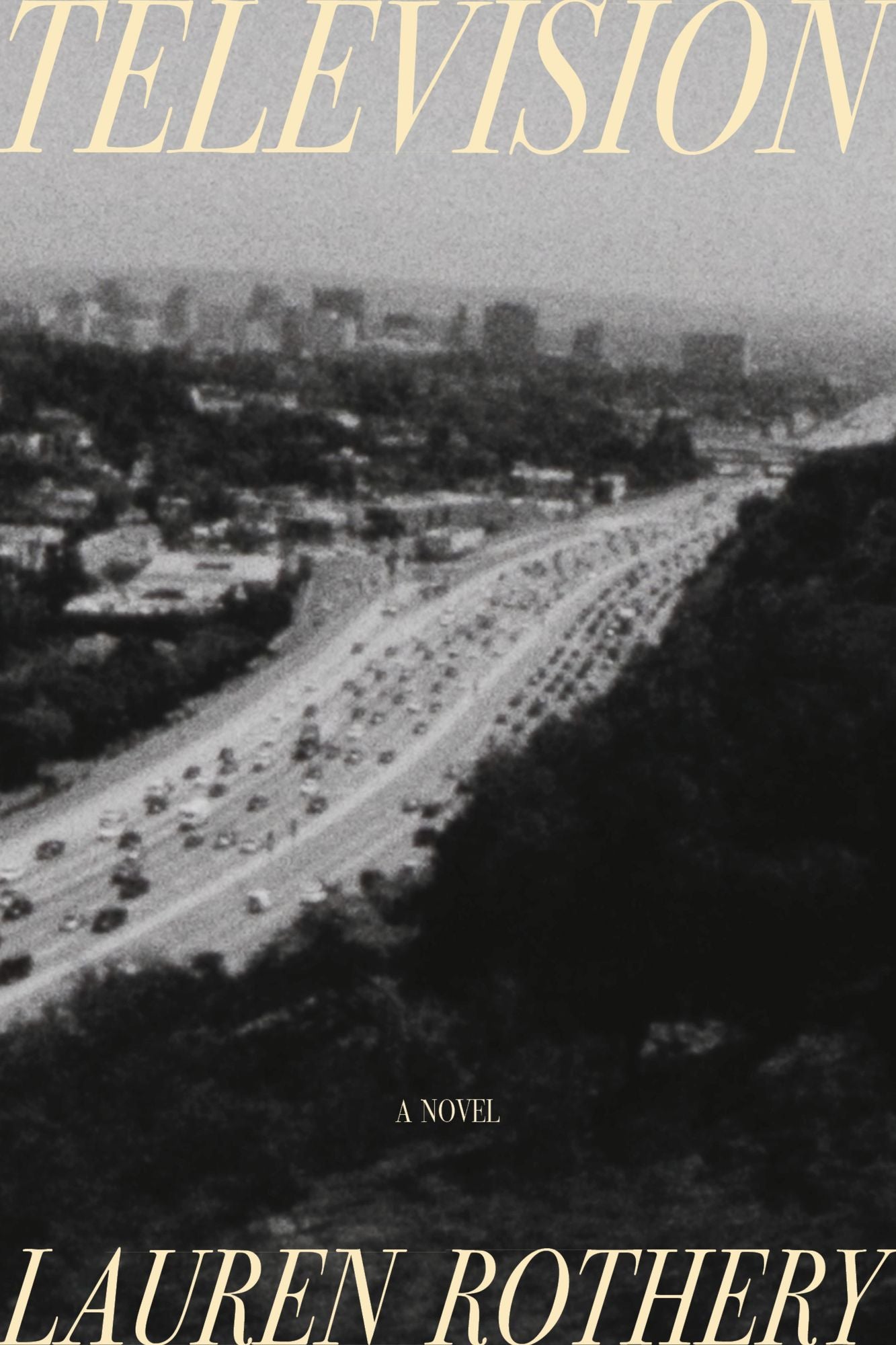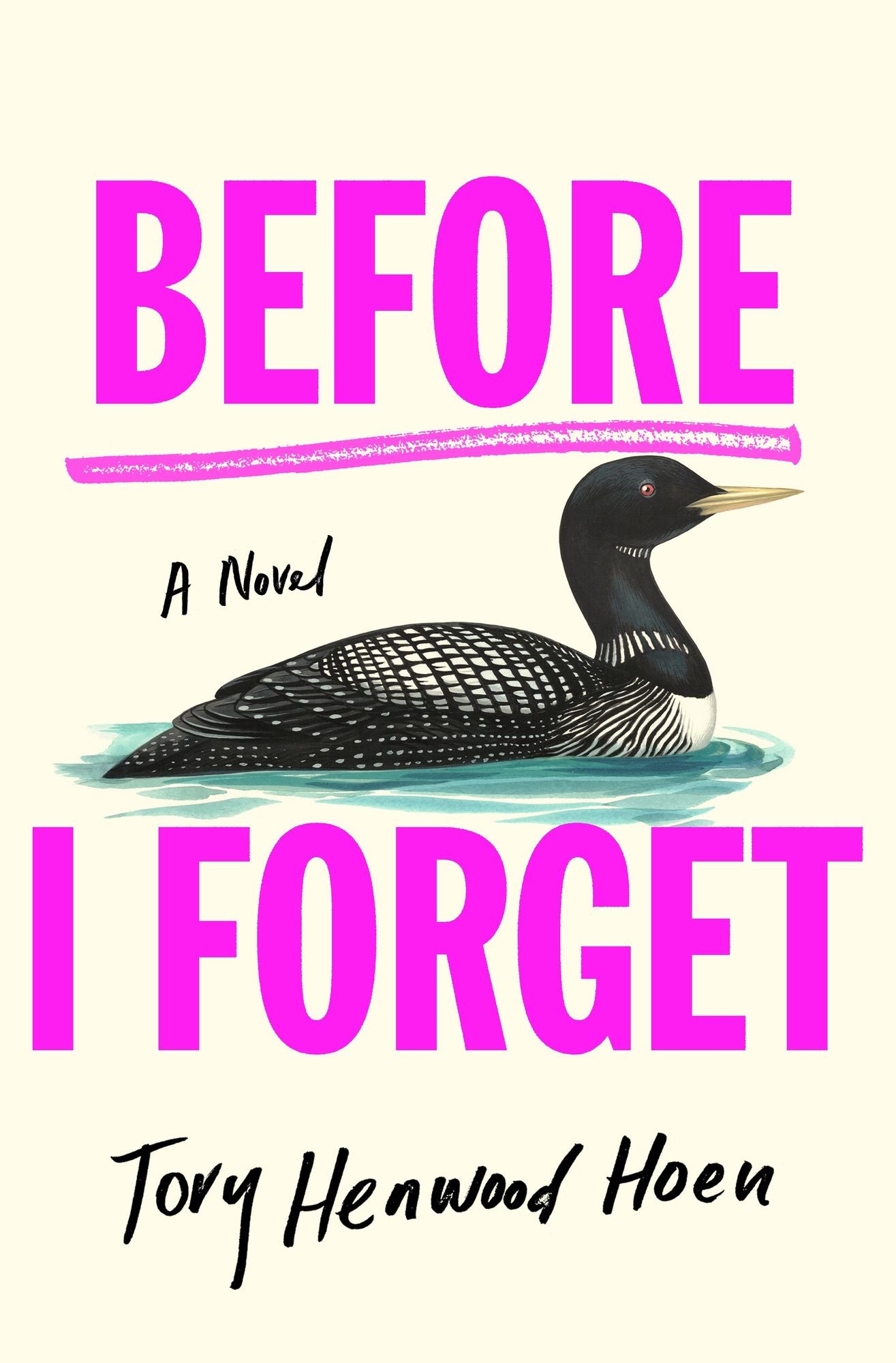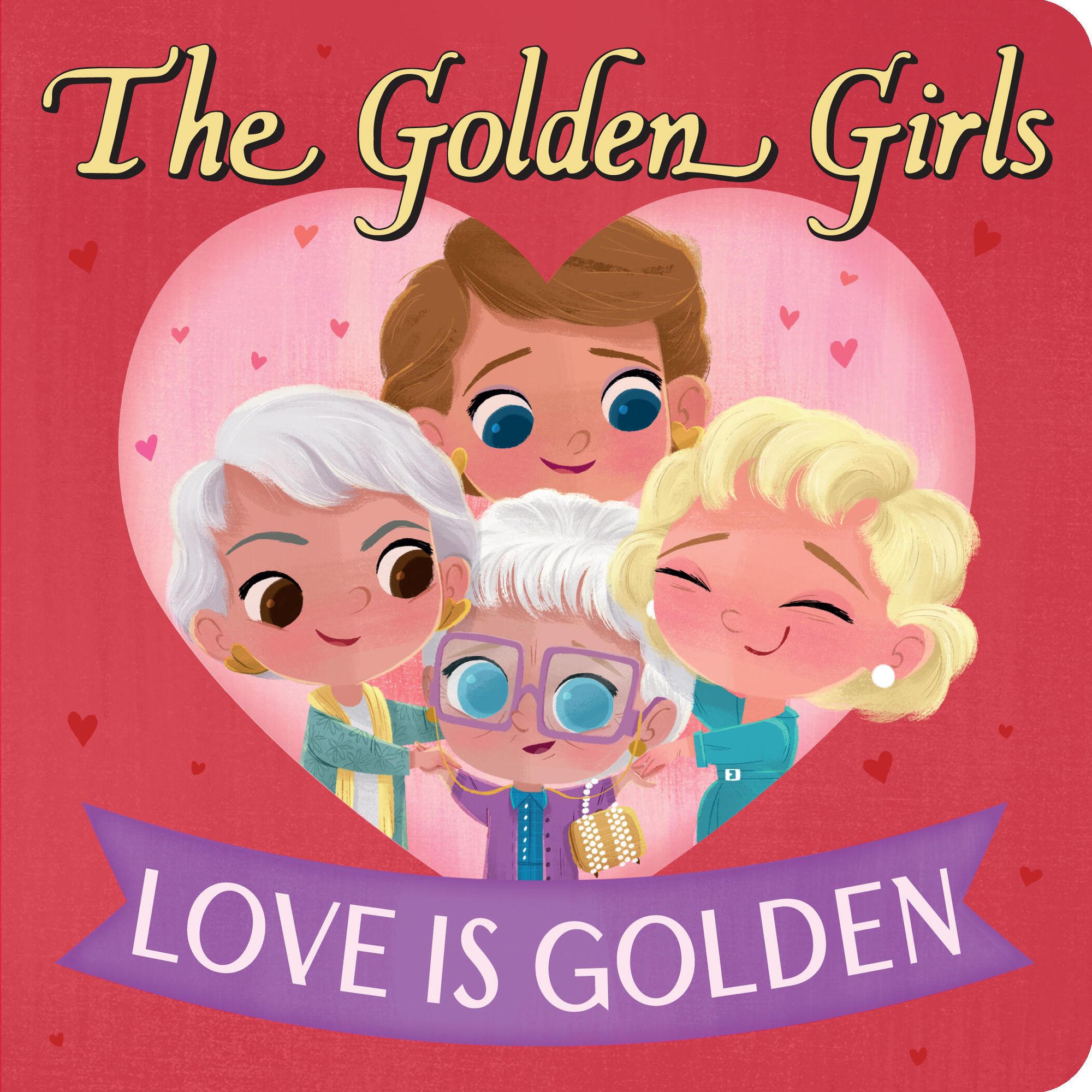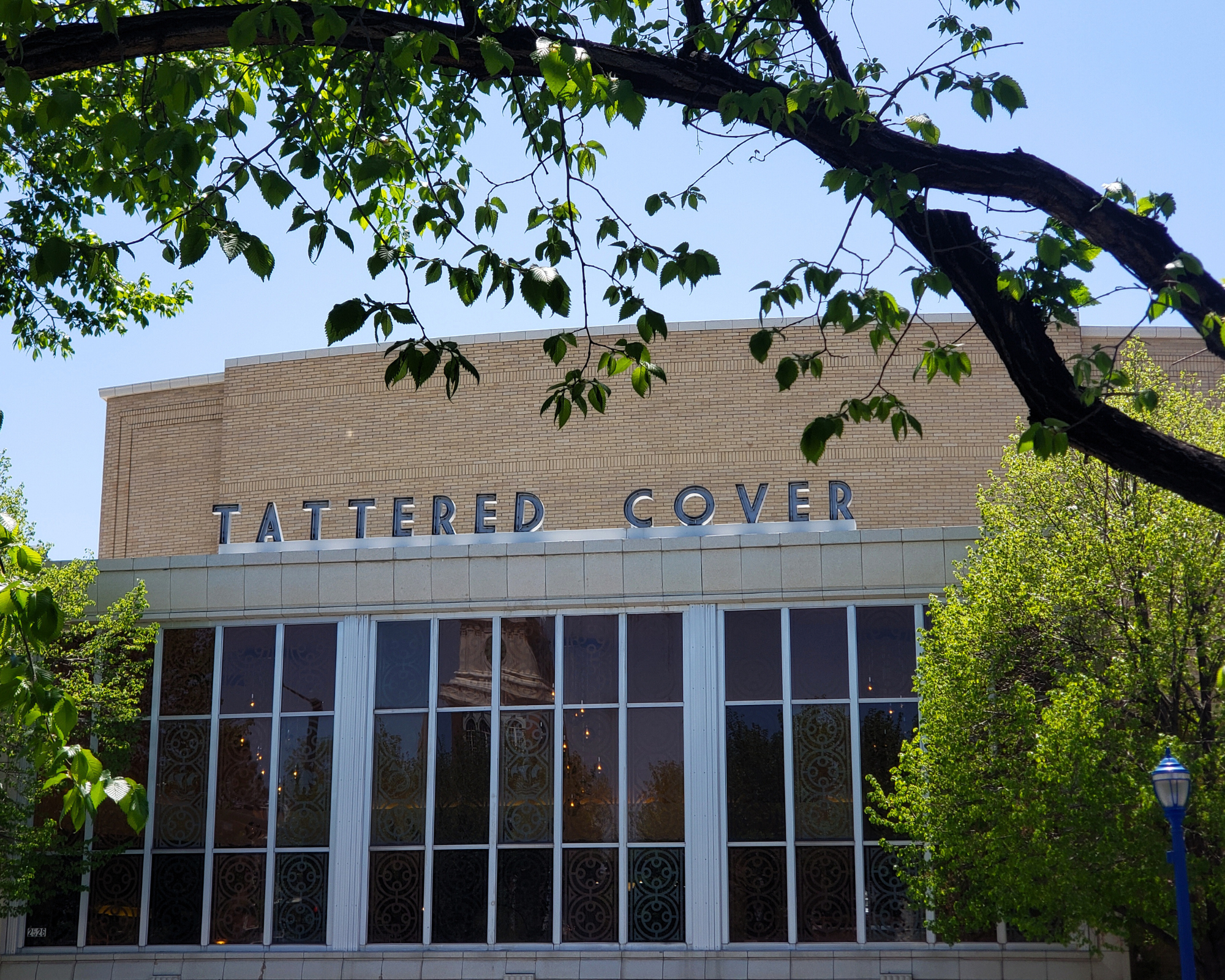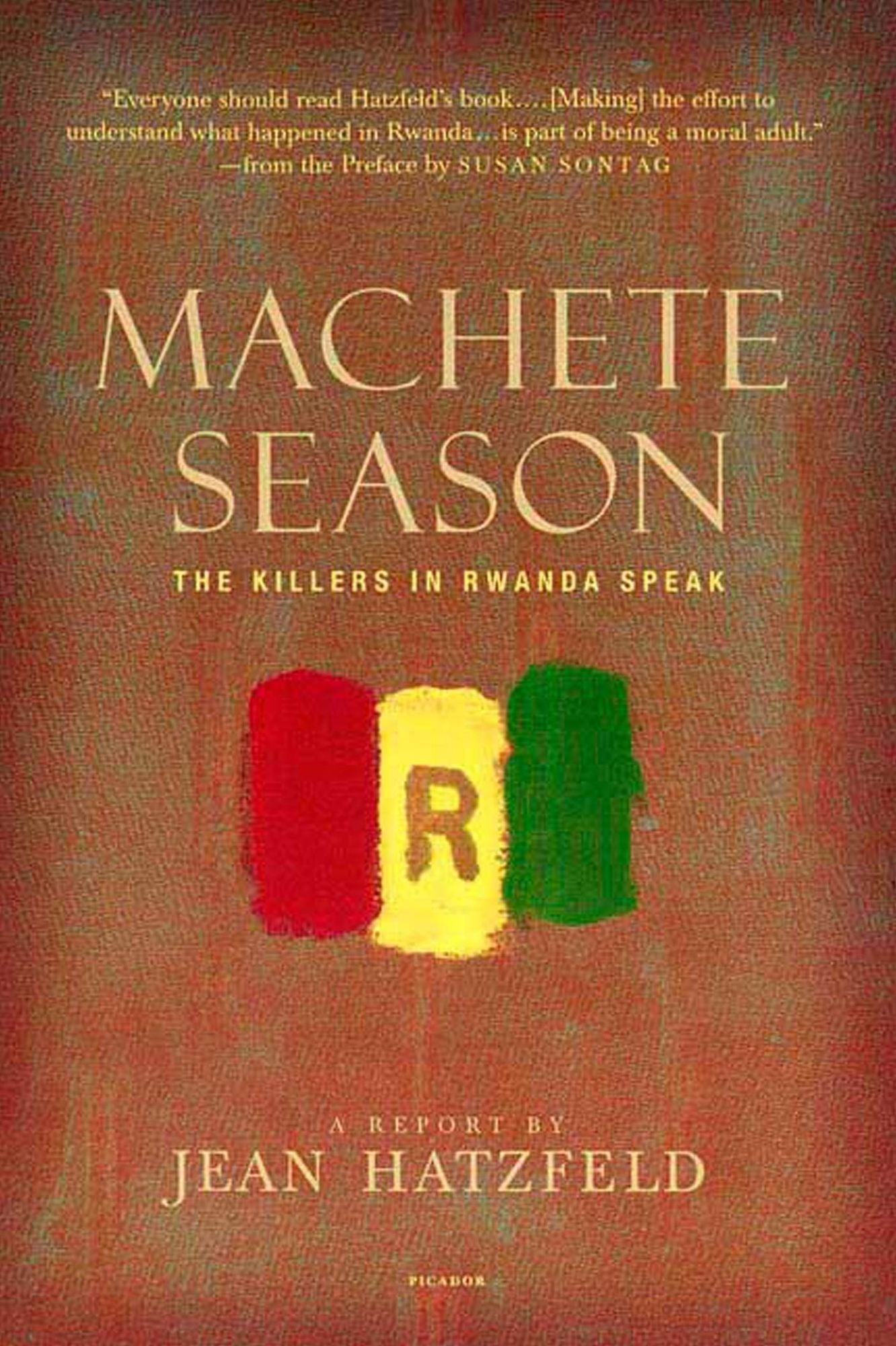
Machete Season: The Killers in Rwanda Speak
Format: Paperback
Adabert, Alphonse, Ignace, and the others (most of them farmers) told Hatzfeld how the work was given to them, what they thought about it, how they did it, and what their responses were to the bloodbath. "Killing is easier than farming," one says. "I got into it, no problem," says another. Each describes what it was like the first time he killed someone, what he felt like when he killed a mother and child, how he reacted when he killed a cordial acquaintance, how 'cutting' a person with a machete differed from 'cutting' a calf or a sugarcane. And they had plenty of time to tell Hatzfeld, too, about whether and why they had reconsidered their motives, their moral responsibility, their guilt, remorse, or indifference to the crimes.
Hatzfeld's meditation on the banal, horrific testimony of the genocidaires and what it means is lucid, humane, and wise: he relates the Rwanda horror to war crimes and to other genocidal episodes in human history. Especially since the Holocaust, it has been conventional to presume that only depraved and monstrous evil incarnate could perpetrate such crimes, but it may be, he suggests, that such actions are within the realm of ordinary human conduct. To read this disturbing, enlightening and very brave book is to consider in a new light the foundation of human morality and ethics.
Choose options


